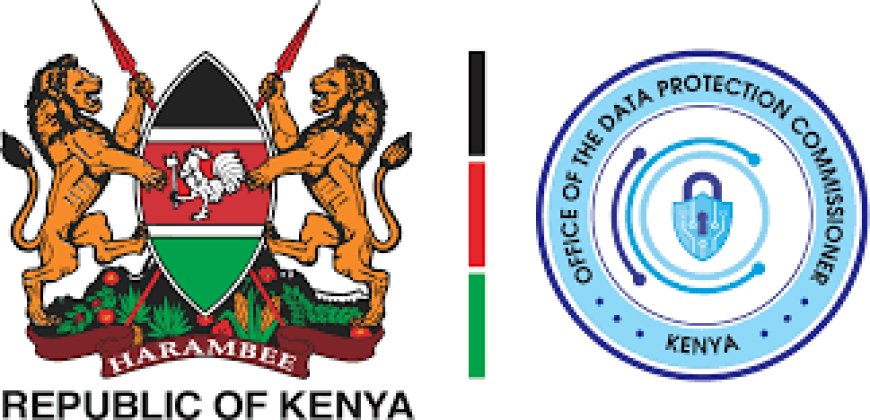Privacy Laws Around the World: Who’s Protecting Your Data?
Compare privacy laws in different countries, highlighting the best and worst practices, and discover who’s really protecting your data in this witty and insightful article. Explore the global landscape of privacy laws with a lighthearted tone. From Europe’s GDPR to Kenya’s Data Protection Act, learn about the best and worst practices in data protection and how they impact your privacy. Perfect for readers in Kenya and beyond.

Imagine this: You’re at a bustling market in Nairobi, haggling over the price of fresh mangoes. Suddenly, a vendor offers you a “privacy shield” to protect your personal data. Sounds bizarre, right? Yet, in the digital world, privacy laws act as that shield, safeguarding our personal information from prying eyes. But how effective are these laws, and who’s really protecting your data?
The GDPR: Europe’s Privacy Knight in Shining Armor
Let’s start with the General Data Protection Regulation (GDPR) in Europe. Picture GDPR as a valiant knight, wielding a sword of strict regulations to protect citizens’ data. Introduced in 2018, GDPR sets a high standard for data protection, requiring companies to obtain explicit consent before collecting personal data. It also grants individuals the right to access, correct, and delete their data. Violators face hefty fines, making GDPR a formidable force in the realm of privacy.
The CCPA: California’s Privacy Trailblazer
Across the Atlantic, the California Consumer Privacy Act (CCPA) is making waves in the United States. Think of CCPA as a trailblazer, carving out new paths for data protection. Enacted in 2020, it gives Californians the right to know what personal data is being collected, the right to delete it, and the right to opt-out of its sale. While not as stringent as GDPR, CCPA is a significant step towards greater transparency and control over personal data.
Kenya’s Data Protection Act: A Work in Progress

Now, let’s turn our attention to Kenya. The Data Protection Act, enacted in 2019, is Kenya’s answer to the global call for data privacy. Imagine it as a young apprentice, eager to learn and grow. The Act establishes principles for data processing, grants individuals rights over their data, and creates the Office of the Data Protection Commissioner to oversee compliance. However, challenges remain, such as limited public awareness and enforcement capabilities.
China’s PIPL: The Dragon’s Watchful Eye
In China, the Personal Information Protection Law (PIPL) is the latest addition to the privacy landscape. Picture PIPL as a dragon, vigilant and powerful. Enacted in 2021, it regulates how personal data is collected, used, and shared. While it offers robust protections, critics argue that it also grants the government extensive surveillance powers, raising concerns about privacy and freedom.
The Global Patchwork
The world of privacy laws is a patchwork quilt, with each country stitching its own set of regulations. In Canada, the Personal Information Protection and Electronic Documents Act (PIPEDA) governs data privacy, while in Brazil, the General Data Protection Law (LGPD) mirrors many aspects of GDPR. Meanwhile, countries like India and South Africa are developing their own frameworks to address the growing need for data protection.
The Best and Worst Practices
So, who’s doing it right, and who’s lagging behind? Europe’s GDPR is often hailed as the gold standard, with its comprehensive protections and stringent enforcement. On the other hand, countries with weak or non-existent privacy laws leave their citizens vulnerable to data breaches and misuse. The key to effective data protection lies in a balanced approach—robust regulations, public awareness, and strong enforcement mechanisms.
Conclusion
As we navigate the digital age, privacy laws are our shields, protecting us from the unseen dangers of data misuse. From Europe’s GDPR knight to Kenya’s budding apprentice, each country’s approach to data protection reflects its unique challenges and priorities. By understanding these laws and advocating for stronger protections, we can ensure that our personal data remains safe and secure. After all, in the world of data, privacy is not just a right—it’s a necessity.
What's Your Reaction?














































































































